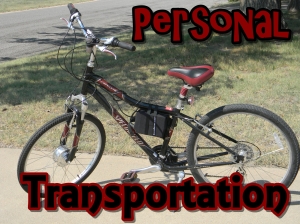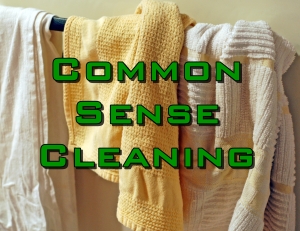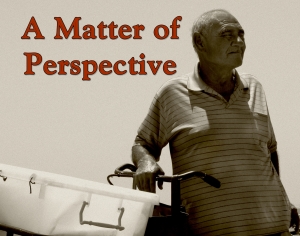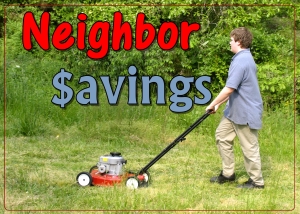At the age of 16 I purchased my first vehicle, and I have always had one or more vehicle at all times since – my ideas have changed a bit.
A few months ago my daughter claimed her driver’s license – then claimed our second car, which to be fair I had promised to sell to her at a significantly reduced price. My “promise kept'” resulted in our one remaining vehicle proving it could not be in two places at the same time.
It could have been easy to nab a loan and pick up a third vehicle, but after looking at additional payments, taxes, licensing and other related costs I pursued other options.
The first option was a 49 cc scooter. What I liked about this was 80 mpg, no special driver’s license and in my state no insurance was required. I located one I could afford, drove it home, and tried to use it for my work vehicle. The problem I personally encountered was not an issue of interest or quality of the scooter – it was an issue with a headlight that didn’t seem to be fixable. Since I drive to work before 4 AM a headlight was important.
I took a loss on the resale of the scooter, but I think it was a needed step to begin to think about an alternative I’m not sure I would have previously considered – a bicycle.

Mass research tool place in seeking an ebike alternative for my work vehicle. The cost for ebikes was beyond my budget, but I did unearth a retrofit ebike solution that could be used with an existing bike. Since I have a bike I already like I spent the money to outfit my existing bike with the Clean Republic Hilltopper.
I used the electric assistance primarily going to work. I am a broadcaster and I can’t really arrive at work ready to talk to an audience if I am winded.
The installation process took me about 10 minutes, battery recharging costs about$1 a month, and I figure I save about $400 a month by not buying another vehicle. I take into account things like gas prices, loan repayment, repairs, taxes, licensing, etc.
I am nearing the end of my third month of using this as my mode of transportation. I have had to rethink how I transport items to and from work. I have had to think about cooler mornings. When to place the recharged battery back on the bike and a few other issues that I never had to consider when driving a car. My daughter considers the bike a “Sweet ride” and my son loves to ride it whenever he gets the chance.
I don’t know if I can make it through the coldest days of winter, but I plan on trying. And even if I don’t make it, my family has rethought how we might be able to handle the issue and I think it might work.
To be honest there may come a day when I do purchase an automobile for a work vehicle, but I am genuinely amazed at how much I love riding the bike. Rather than being a drudgery like I thought it would be, riding the bike is one of my favorite parts of the day.
There are multiple options to convert a regular bike to an ebike, but you’ll want to look at all options and read details carefully. Some less expensive options come without a battery. The battery will be one of the more expensive parts of the kit. In some cases you will have to return to the kit supplier for the battery because they will be the only place you can buy the battery.
Many businesses are using ebike conversions to outfit short trip delivery bikes.
Of course if you’d like a simpler and less expensive option you could always walk. I’m sure many of you do just that.
What creative ways have you discovered to reduce your overall transportation costs?






